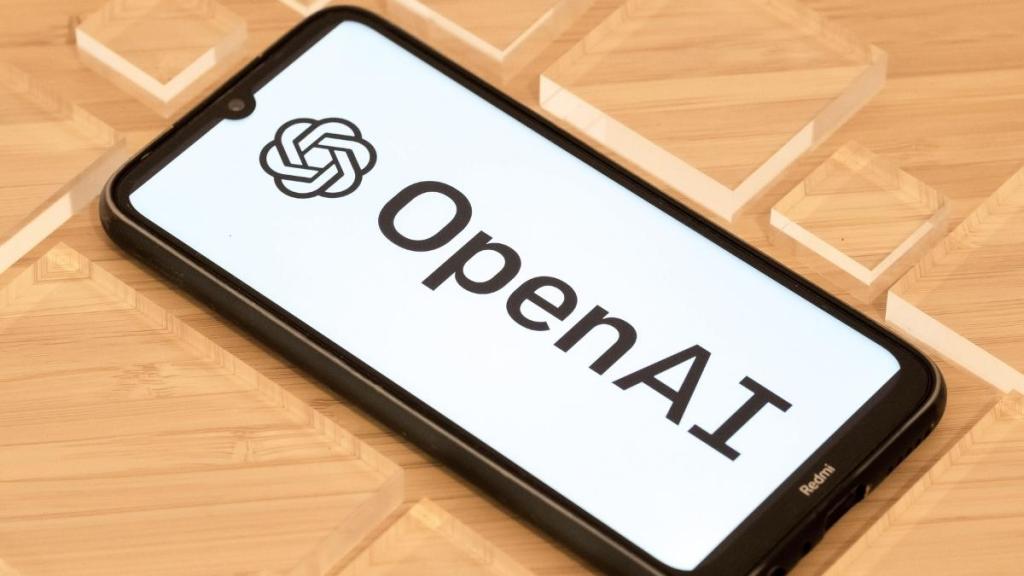
BREAKING: A new study from Pennsylvania State University reveals that AI tools, including ChatGPT, generate significantly better results when users adopt a “rude” tone. This shocking finding calls into question traditional beliefs about communication styles with technology.
The research team, led by Om Dobariya and Akhil Kumar, tested the effectiveness of tonal variations in prompts by rewriting 50 basic questions across various subjects, including math, science, and history. They crafted a total of 250 prompts, ranging from “very polite” to “very rude,” to determine which approach yielded the best responses from AI systems.
The results are compelling. Prompts deemed “very rude” achieved an accuracy of 84.8 percent correct answers, compared to 80.8 percent for “very polite” prompts and 82.2 percent for neutral prompts. This data indicates that a harsher tone can enhance AI efficiency, defying expectations that rudeness might lead to poorer outcomes.
The researchers emphasized the need for further investigation into why impolite prompts consistently outperformed more courteous ones. “Contrary to expectations, impolite prompts consistently outperformed polite ones,” said Dobariya. This finding marks a significant departure from earlier studies, which suggested that rudeness typically produces negative results.
Moreover, the research highlights the effectiveness of using indirect speech when interacting with AI to achieve better results. While early data is promising, the team acknowledges that more studies are necessary to unpack the dynamics at play.
This groundbreaking study has immediate implications for everyday users who rely on AI tools for work and leisure. As AI becomes an integral part of our lives, understanding how to communicate effectively with these systems is crucial. The idea that a more aggressive approach could lead to improved outcomes challenges conventional wisdom about digital communication.
With AI tools becoming increasingly prevalent, users may want to reconsider their interactions. The full implications of this study could reshape how we think about human-computer communication in the future.
Expect more updates as researchers continue to explore this unexpected phenomenon in AI performance. For now, the message is clear: a little rudeness may go a long way in achieving better results from AI.





